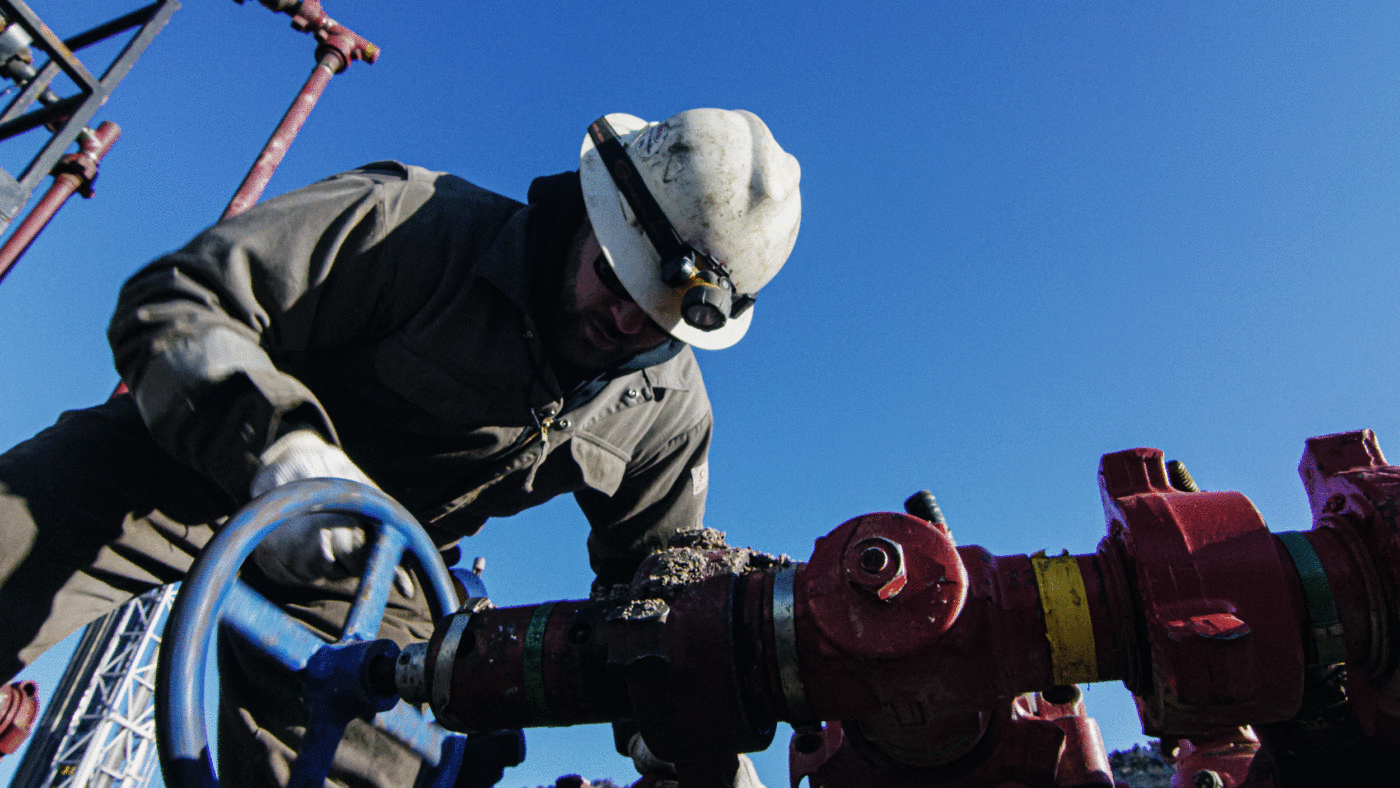The tragedy of the Ukrainian crisis has left us with three energy challenges: our own security of supply, rocketing bills and how to stop funding Putin’s war machine. I am immensely proud of the leadership shown by the Government in ditching Russian oil. We must now also ditch gas not only to further weaken Putin, but to protect ourselves against him turning the taps off and future episodes of global instability.
To solve these challenges, we need a sensible debate, and that begins by recognising that more domestic gas won’t bring down bills. We went round the houses on this a decade ago. Journalists and politicians eventually got their heads around the market dynamics of gas, culminating in Cuadrilla admitting that it won’t drive down bills. As Kwasi Kwarteng the Business Secretary rightly pointed out recently, fracking firms are not charities and are unlikely to turn down the market price, which as we all know is excruciatingly high, is likely to stay that way, and is essentially set by international supply, demand and speculation about what might happen to either. We are not the US – we are connected to other markets by numerous pipelines and LNG terminals. Our gas price is essentially an international gas price.
Yet there is still a push by some in the press to reopen the fracking can of worms. We’ve seen the hype before. Fracking is still a political own goal. It was an electoral calculation which (rightly) led the Prime Minister to commit to a moratorium on fracking in the 2019 Election manifesto. For the years that fracking was permitted, of the dozen or so available sites, barely two were ever operational. The principle reason was significant local objection. The problem was that the public believed we were fracking (even though very little could actually happen) and the fracking companies grew increasingly annoyed that they were unable to do it. Huge political capital expended for no tangible gain.
Many respected experts think the chance of sucking up a gas bonanza are terribly remote. The industry cherry-picks its data from old reports – never a good sign. It would take years to even get 2% of our demand out of the ground. And it’s hugely unpopular with the public. Rightly or wrongly, local communities just don’t like the idea of lorry convoys thundering along their roads and tremors in the ground. As plans go for boosting security of supply, this one looks far from secure.
So it would be a mistake to focus attention on a politically toxic energy source, rather than policies that are popular and are likely to actually work.
Cutting gas demand improves our security of supply and brings down bills permanently. Not buying gas is free and easy to do.
We need to radically ramp up insulation, building on the successful Energy Companies Obligation (ECO) scheme, and targeting the households that are struggling to cover their energy bills. ECO has insulated 2.4 million homes since 2013. Germany, France and Italy have run much larger home insulation schemes, and energy efficiency plans across Europe are being boosted. Surely we can do likewise.
Electric heat pumps are now £260 a year cheaper to run than gas boilers. These reverse fridges are consistently shown to work, sucking heat out of the air even in cold countries – 60% of Norwegian houses have one. In addition, we must not let over-bearing regulations get in the way of making our leaky houses more efficient. It’s essential that cowboy builders are stopped, but too much red tape on pre-requisite efficiency levels for heat pump installations could block progress on getting off Putin’s gas.
And even with our poor-quality housing stock, there are still millions of homes with plenty of insulation ready for a heat pump. Let’s not forget that gas boilers generate up to a fifth of air pollution in urban areas.
Or would we prefer that we give up on this heating transition (which will take many years) and consign the UK to long-term reliance on foreign gas imports? North Sea reserves will certainly not last forever. The Financial Times predicts by 2030 70% of our gas will be imported.
As the saying now goes, Lancashire is not Texas. Even if fracking restarted it would take years, produce percentage points of gas, annoy voters and not last. Far better to have British renewables powering heat pumps.
New analysis shows that by ramping up insulation and sticking to our relatively unambitious roll-out plans for heat pumps we can cut gas demand quicker than we can ramp up supply through the newly approved North Sea fields. And the National Grid has said it can implement a fully renewables grid by 2035.
Put simply, you can’t be a champion of struggling bills payers while calling for more gas and not saying anything about insulation. These false solutions are a distraction, and at a time of national emergency, that’s a threat to our security.
Ultimately Net Zero will deliver much more homegrown clean energy, with heating and cars powered by British renewables, balanced by British nuclear and British batteries. In the short and long term net zero provides a cleaner, cheaper, energy secure future for the UK.
Click here to subscribe to our daily briefing – the best pieces from CapX and across the web.
CapX depends on the generosity of its readers. If you value what we do, please consider making a donation.


